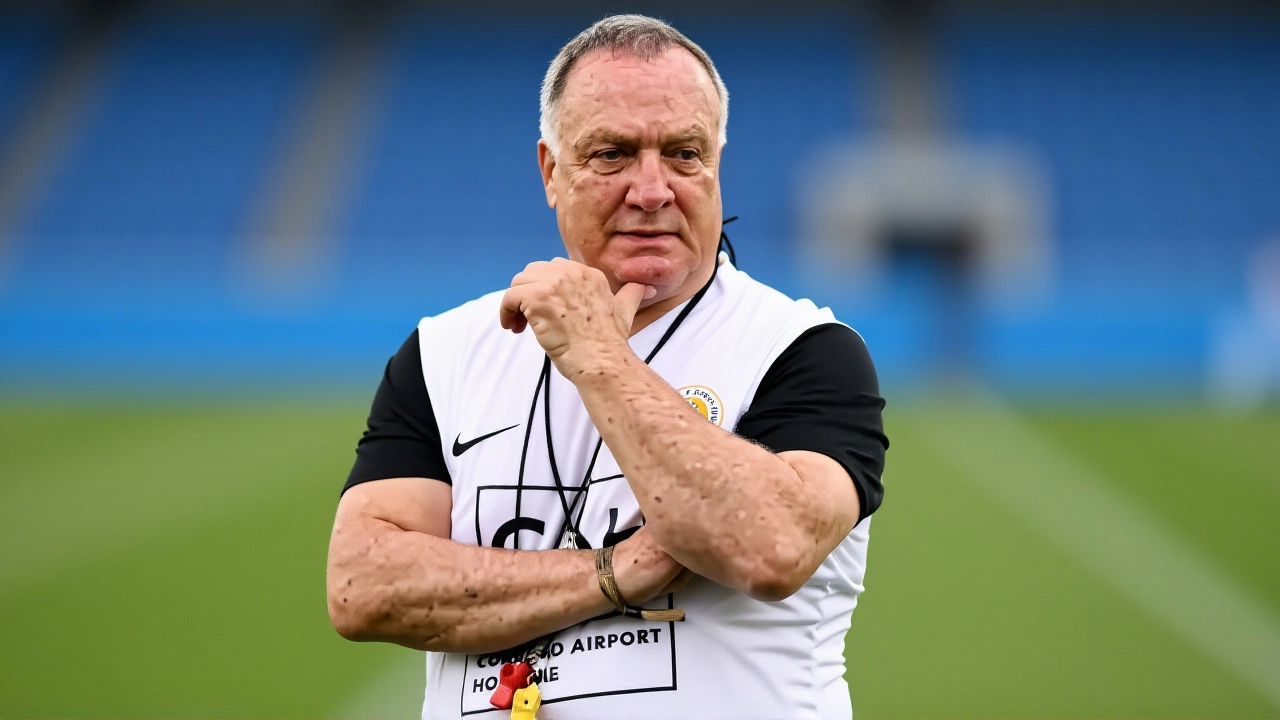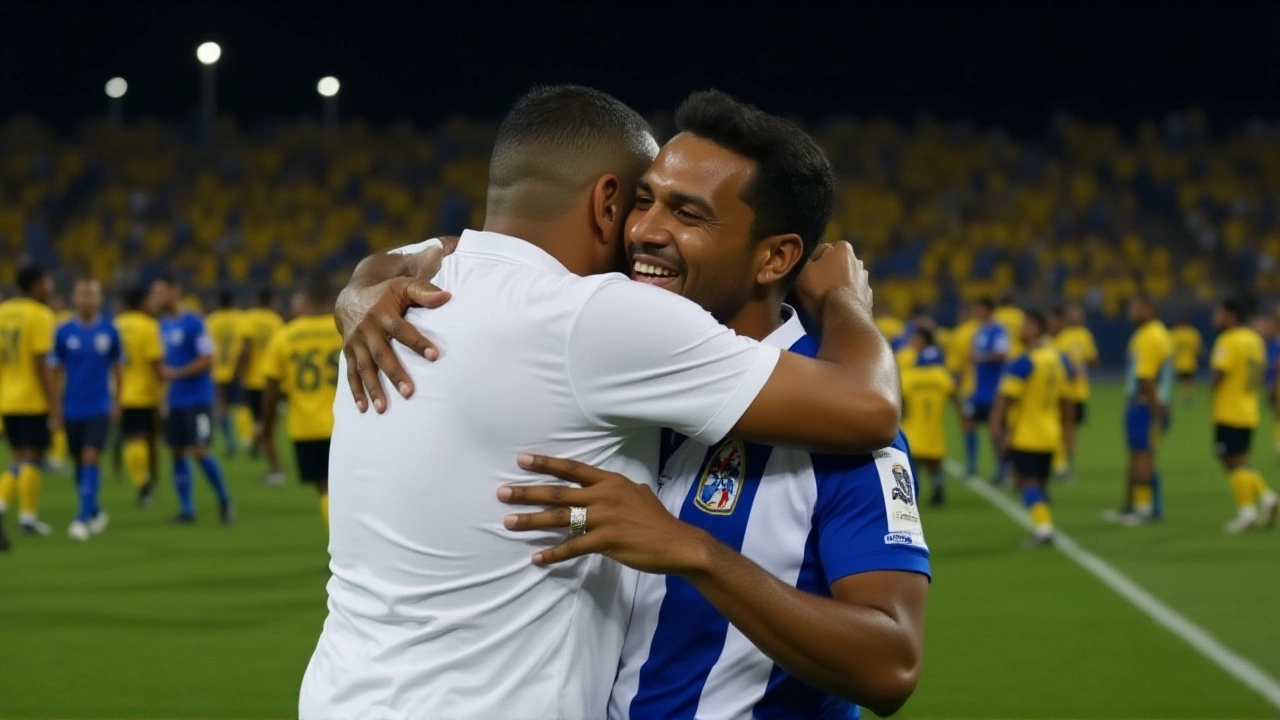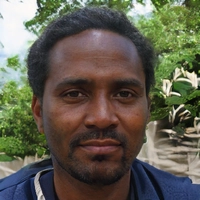
When Sontje Hansen struck the back of the net in the 54th minute of Curaçao’s 7-0 win over Bermuda on November 18, 2025, it wasn’t just his first international goal — it was the moment a Caribbean nation wrote itself into football history. The 23-year-old winger, born in the Netherlands but representing Curaçao after a FIFA-approved switch, helped seal the nation’s first-ever qualification for the FIFA World Cup, ending 67 years of near-misses and heartbreak. The match, played during the November 2025 international break, was more than a victory; it was a cultural milestone for a team that had never advanced past the CONCACAF qualifiers before. And it came with a twist: the hero wasn’t a local star from the island’s amateur leagues, but a £3.4 million signing from the EFL Championship — a player who’d only been eligible for Curaçao for six weeks.
A Nation That Never Made It — Until Now
Curaçao’s football story is one of resilience. As part of the Netherlands Antilles, the island contributed talent to Dutch teams for decades, but never had its own identity on the world stage. After the dissolution of the Netherlands Antilles in 2010, Curaçao became a FIFA member in its own right — yet still, no World Cup. They came close in 2019, losing a playoff to Jamaica. In 2022, they finished third in their group, just one point shy. This time, under Dutch legend Dick Advocaat, the team clicked. Advocaat, 77, brought structure, discipline, and a ruthless edge — traits honed during his stints managing the Netherlands, Russia, and South Korea. His decision to integrate expat players like Hansen, who qualifies through his Curaçaoan grandmother, paid off in the most dramatic way possible.The Middlesbrough Connection
Hansen’s journey to this moment is as unlikely as the result itself. Signed by Middlesbrough Football Club from Dutch side NEC Nijmegen for £3.4 million on August 15, 2025, he made his Championship debut the next day against Millwall. By September 30, he’d made six appearances, scoring once. His international switch, approved by FIFA on October 1, 2025, was fast-tracked — unusually so. Typically, these transitions take months. But Hansen’s paperwork was clean: no senior caps for the Netherlands, clear ancestral ties, and no pending eligibility disputes. Within weeks, he was on a plane to the Caribbean.His first call-up came on September 26, 2025. His first start? November 15 against Suriname — a 3-1 win. His first goal? Against Bermuda. The EFL’s November 19 report confirmed he played 81 minutes, scoring the third goal in a rout that sent Curaçao through as group winners. Middlesbrough’s Instagram post, dated November 14, called it "a historic night" — even before the final whistle. They knew what was at stake.
Why This Matters Beyond the Island
Curaçao’s qualification isn’t just feel-good news. It’s a blueprint. For decades, smaller CONCACAF nations relied on homegrown talent. Now, diaspora players — raised in Europe, trained in top academies — are becoming the difference-makers. Hansen joins the ranks of players like Alphonso Davies (Canada), Denis Bouanga (Gabon), and Héctor Bellerín (Spain, now representing Spain’s former colonies). It’s a shift that’s reshaping global football. Curaçao’s squad included six players based in Europe, five in the EFL or lower leagues. Their average age? 25.4. This wasn’t a team of veterans — it was a generation reborn.The victory also highlights the growing influence of the EFL. While Premier League stars dominate headlines, the Championship is quietly becoming a pipeline for international talent. According to the EFL’s November 19 report, 17 players from its clubs represented 11 different nations during the international break. Hansen’s goal was the most consequential. His performance didn’t just qualify Curaçao — it gave the island a global spotlight. Social media exploded. The Curaçao Football Federation’s Twitter account hit 200,000 followers in 48 hours.

What Comes Next?
Curaçao will be placed in Pot 4 for the World Cup draw in June 2026, meaning they’ll likely face powerhouses like Brazil, Spain, or Portugal. But don’t count them out. They’ve already defied odds. Advocaat has said he wants to "play with freedom, not fear." Hansen, now a national icon, has promised to return from Middlesbrough’s winter break early to train with the squad. His club, meanwhile, is reportedly considering a performance bonus — and possibly a new contract extension.For now, the streets of Willemstad are decorated in red, yellow, and blue. Children wear Hansen’s jersey. Local schools held assemblies to watch the match. One 10-year-old told a reporter: "I want to be him when I grow up. Not just because he scores — because he made us believe we could do it."
Background: A Footballing Identity Forged in History
Curaçao’s football roots trace back to the 1950s, when the island was part of the Netherlands Antilles. The Antillean team reached the 1960 CONCACAF Championship final — and lost to Mexico. After the 2010 dissolution, Curaçao inherited the Antilles’ FIFA membership. Their best result before 2025? A 2017 Caribbean Cup semifinal. They’ve never won a World Cup qualifier on home soil. Their last win over Bermuda? 2015. This time, they won by seven goals. The transformation is complete.
What the Experts Are Saying
"This isn’t luck," said Dr. Lina Martínez, a sports sociologist at the University of the West Indies. "It’s strategy. Advocaat didn’t just pick talent — he built a narrative. He gave Curaçao a voice. And Hansen? He’s the face of it. A Dutch-born kid who chose them. That’s powerful." Meanwhile, in Middlesbrough, manager Neil Warnock, known for his no-nonsense approach, told reporters: "We’re proud of him. But he’s got a job to do here too. The Championship doesn’t stop for World Cups. He’ll be back on the training pitch Monday — and we expect him to bring that same fire."Frequently Asked Questions
How did Sontje Hansen qualify to play for Curaçao if he was born in the Netherlands?
FIFA allows players to switch national teams if they have a biological connection — like a parent or grandparent — to the country and haven’t played in an official senior competition for their previous nation. Hansen’s grandmother was born on Curaçao, meeting the ancestral requirement. He never played a senior match for the Netherlands, making him eligible after his switch was approved on October 1, 2025.
Why is Curaçao’s World Cup qualification such a big deal?
Curaçao has never qualified for a World Cup since becoming a FIFA member in 1958 (as part of the Netherlands Antilles). Even after independence in 2010, they never advanced past the early rounds. This is their first time reaching the finals, making it the most significant achievement in the nation’s football history — and one of the biggest upsets in CONCACAF qualifying.
What role did Middlesbrough Football Club play in this historic moment?
Middlesbrough signed Hansen for £3.4 million in August 2025, giving him the platform to develop as a professional. The club publicly supported his international switch, promoted his achievement on social media, and confirmed his participation in the qualifier. Their EFL Championship status ensured he was visible to scouts and media, helping elevate Curaçao’s profile globally.
How does this affect other Caribbean nations?
Curaçao’s success could inspire other Caribbean nations to prioritize diaspora recruitment. Teams like Jamaica, Trinidad and Tobago, and Haiti have long struggled to compete with larger CONCACAF nations. Curaçao’s model — blending European-based talent with local passion — may become the new standard, shifting how smaller nations build squads for future qualifiers.
Will Sontje Hansen play in the 2026 World Cup?
Yes — barring injury, Hansen is expected to start for Curaçao in the finals. He’s now their most dangerous attacking option, with pace, technical skill, and proven scoring ability. Middlesbrough has indicated they’ll release him for all World Cup qualifiers and training camps, and Advocaat has already named him a key player in his 26-man provisional squad.
What’s the significance of Dick Advocaat managing Curaçao?
Advocaat is one of the most respected managers in European football, with over 40 years of experience. His appointment in 2024 brought instant credibility. He’s coached the Netherlands at World Cups, managed top clubs like Zenit and PSV, and understands high-pressure environments. His leadership transformed Curaçao from a hopeful team into a disciplined, tactically intelligent unit — a key reason they finally broke through.
